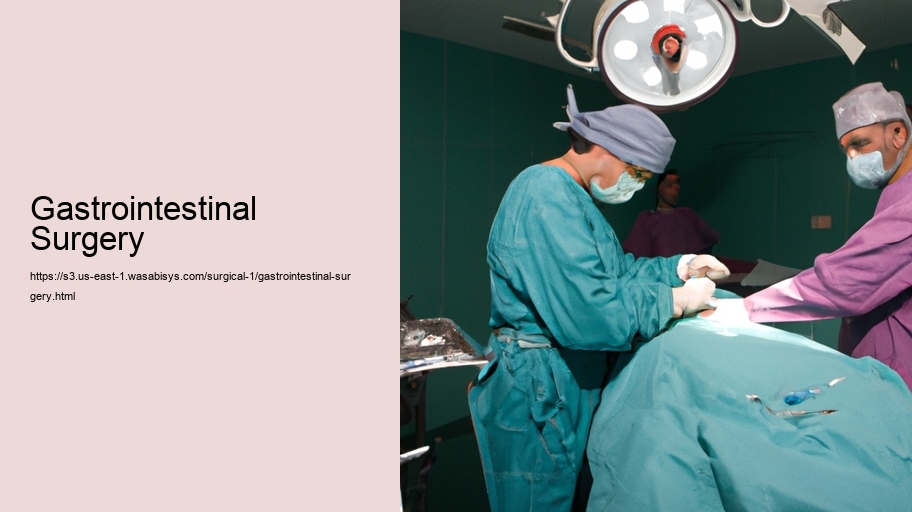Gastrointestinal surgery is a broad term encompassing a variety of surgical procedures aimed at addressing disorders, diseases, and conditions affecting the digestive system. This intricate network, which includes the esophagus, stomach, small intestine, large intestine, rectum, liver, gallbladder, and pancreas, is crucial for the digestion and absorption of nutrients as well as the expulsion of waste from the body.
The field of gastrointestinal surgery can be divided into two main categories: upper gastrointestinal surgery and lower gastrointestinal surgery. Upper gastrointestinal surgery focuses on the upper part of the digestive system, including the esophagus, stomach, and duodenum. Procedures in this category often address conditions such as gastric cancer, gastroesophageal reflux disease (GERD), peptic ulcers, and hiatal hernias. Lower gastrointestinal surgery deals with the lower part of the digestive system, which includes the small intestine, colon, rectum, and anus. Common surgeries in this category address issues such as colorectal cancer, inflammatory bowel diseases (Crohn's disease and ulcerative colitis), diverticulitis, and bowel obstructions.
Gastrointestinal surgery can be performed using various techniques, from traditional open surgery to minimally invasive laparoscopic and robotic-assisted procedures. Open surgery involves making a large incision to access the organs, while laparoscopic surgery uses several small incisions through which instruments and a camera are inserted to guide the surgery. Robotic surgery is an advanced form of laparoscopic surgery, where the surgeon controls precise, robotic instruments to enhance dexterity and visualization. Minimally invasive techniques offer patients the benefits of reduced postoperative pain, shorter hospital stays, faster recovery, and smaller scars.
Surgical intervention in the gastrointestinal tract may be elective, for conditions that are not immediately life-threatening but require intervention for long-term relief, or emergent, such as in the case of acute appendicitis or a perforated bowel, where prompt surgical treatment is necessary to prevent serious complications or death.
Beyond the technical aspects of surgery, gastrointestinal surgery can have a profound impact on a patient's quality of life. Nutrient absorption, digestion, and bowel function are central to one's overall well-being, and surgical intervention can sometimes result in the need for lifestyle adjustments. Nutritional support and diet modification are often important aspects of postoperative care, and patients may require the assistance of dietitians or nutritionists to adapt to changes in their digestive systems.
Moreover, the psychological impact of gastrointestinal surgery should not be underestimated. Patients may experience anxiety, fear, or depression before and after surgery, necessitating comprehensive care that includes psychological support and counseling.
In recent years, advancements in medical technology, surgical techniques, and perioperative care have greatly improved outcomes for patients undergoing gastrointestinal surgery. Enhanced recovery protocols, which include optimized pain management, early mobilization, and specialized nutritional support, are now commonly implemented to help patients recover more quickly and with fewer complications.
In conclusion, gastrointestinal surgery is a vital field within medicine that addresses a wide array of conditions affecting the digestive system. It requires a high level of expertise and multidisciplinary care, including surgeons, gastroenterologists, anesthesiologists, nutritionists, and other healthcare professionals, to ensure the best outcomes for patients. As research and technology continue to advance, the potential for even less invasive procedures and improved patient recovery is on the horizon, offering hope to millions of people who suffer from gastrointestinal conditions.
